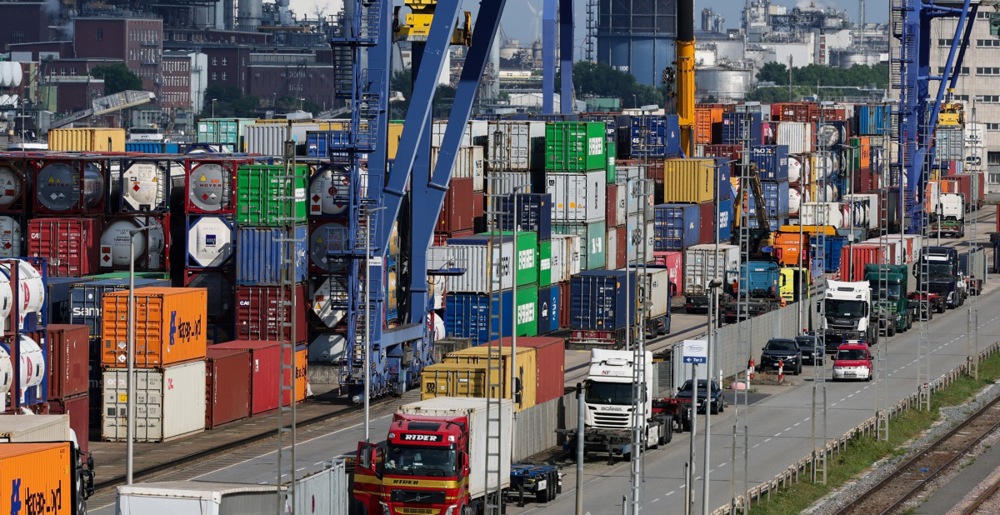The European Union’s Director-General for Trade has admitted the US steamrollered the bloc during this summer’s controversial trans-Atlantic trade negotiations.
Speaking to German news outlet Süddeutsche Zeitung on August 26, Sabine Weyand described the EU-US talks as anything but true negotiations. The administration of US President Donald Trump simply dictated the terms, she said.
“If you didn’t hear me say the word ‘negotiation’, that’s because it wasn’t one,” said the German official, who has worked for the European Commission for more than three decades.
The deal, seen by many as humiliating for the EU, allowed the US to introduce a new, unilateral 15 per cent across-the-board tariffs on European products. The EU got little or nothing of economic value in return.
According to Weyand, this was because urgent security concerns forced the bloc to fold.
“There was no exchange of demands or offers,” she said. “The European side was under massive pressure to find a quick solution to stabilise transatlantic relations with regard to security guarantees.”
She admitted the EU had, in her opinion, forsaken its own economic interests in exchange for political and defensive support.
“In truth, it was not about a classic balancing of interests but about securing an overall political package,” she said.
“From the Commission’s point of view, this was a strategic consideration, not an ideal economic policy solution.”
Weyand said the war in Ukraine and foreign policy uncertainties were decisive factors.
“We have a land war on the European continent. And we are completely dependent on the United States.
“The member states were not prepared to take the risk of further escalation, that would have been the consequence of European countermeasures,” she said.
To balance these security risks, the EU paid an economic price, Weyand added.
“The danger was that the USA would, in return, question the security policy partnership,” she said.
Before the negotiations with the US, Brussels threatened retaliatory tariffs worth €95 billion on a range of products from the US, calling the demands from Washington “unjustified and damaging”. This turned out to be nothing more than empty posturing.
Weyand said she believed the post-World War II economic world order was finished irrespective of who was in charge in the White House: “That’s over – and forever.”
“Interdependence is no longer perceived as a win-win. Dependencies are used instrumentally.”
“What we need is indispensability,” Weyand said. “Europe must become irreplaceable in global supply chains – so that our dependencies cannot be turned against us.”
She also admitted Europe was not up to the task.
“We don’t have the right governance, nor do we have the right mindset.”
COMMENT: Europe has to play for time: Under current conditions, the EU is no match for China or the US, and building up geopolitical muscle will take years, if not decades, writes @Raphfel. https://t.co/0mm9uVEzlZ
— Brussels Signal (@brusselssignal) April 23, 2025





